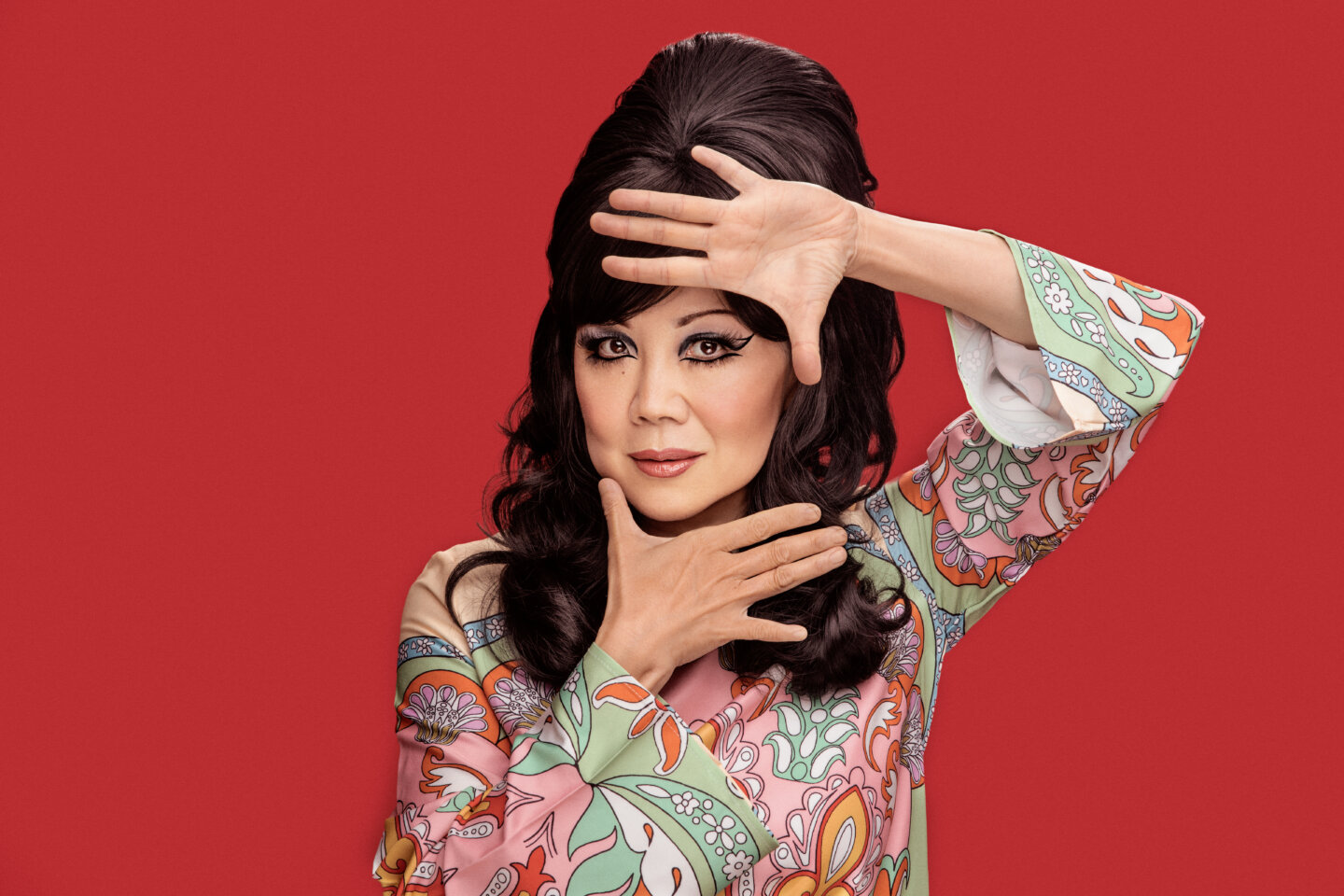Youth's Lives Every Day
The Trevor Project caught up with Margaret Cho, Grammy & Emmy nominated comedian/actress/singer, around the success of her Live and LIVID stand-up comedy tour and the release of her new single and title track, “Lucky Gift.”
In between her tour dates and the release of her “power pop anthem,” she took the time to answer The Trevor Project’s questions about the power of comedy and music to help support LGBTQ+ mental health.
Your “Live and LIVID!” tour tackles many social issues including homophobia. How do you view comedy’s role in driving social change?
Comedy is important because it is taking what is said in the street and bringing it to the stage. It is about amplifying voices that haven’t been heard and it can be instrumental in bringing about real change. We need comedy more than ever now.
Comedy can be a healing tool for many. How has humor helped you navigate personal challenges, and how do you think it supports mental health in the LGBTQ+ community?
I look at having an advanced sense of humor basically as a trauma response. When you are forced to deal with chaos and strife you are given the choice to laugh or cry and often those who laugh find it easier to survive. For me, my sense of humor has been my salvation and I love to be able to spread that hope around. Sharing makes it all the more satisfying.
We are so excited to see your return to music this year also with the release of “Lucky Gift,” which you have described as a “gay pop anthem.” What do you hope it brings to LGBTQ+ listeners, especially those who feel underrepresented?
We need gay pop. Every gay person has their special pop diva and it is almost like an astrological sign. Whether that is Madonna or Beyonce or Ariana Grande or Cher or Judy Garland or Doechii or Chappell Roan – you have your one pop diva to look to for guidance and support and inspiration. I am hoping to share my love for gay pop with my own contribution – and I love a bop. It is for all of us who yearn to be seen and heard.
We know that music has the power to inspire change, energize and comfort us. What can fans expect from your new album?
I have special songs about love – all the songs are about the different facets and experiences love brings whether that is the exhilarating feeling of new love, my love for the young trans, non binary and gender non conforming people just coming into their own, lost love – all kinds of love – which is why it is so perfect it is coming out on Valentine’s day.
What advice would you give your younger self or a young LGBTQ+ person today navigating their identity?
You are ok. You will be ok. You will be better than ok. Together we can get through anything. We as a community have been through far worse and we survived and thrived. We have you and you have us. We got this.


